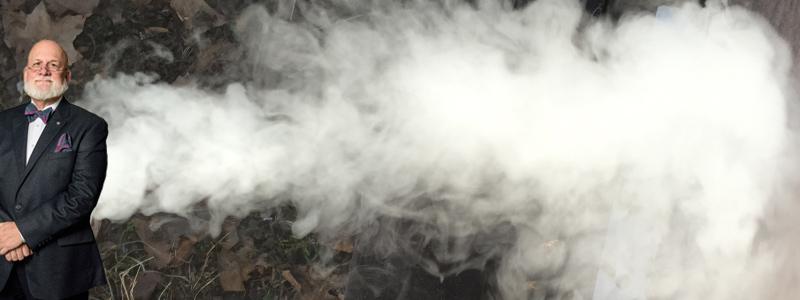QUESTION:
I’ve noticed that you recommend avoiding MSG, which is found in gelatin and other foods. However, many nutritional supplements contain gelatin as an “other ingredient.” Would you please comment?
ANSWER:
Most gelatin contains a tiny amount of MSG (monosodium glutamate), which is the sodium salt of glutamic acid (an amino acid). MSG is a flavor enhancer and is sometimes called an “excitogen”. Some people are exquisitely sensitive to MSG, and if they ingest even a small amount, they experience symptoms such as anxiety, arrhythmia, chest tightness, cramping, depression, diarrhea, dizziness, or migraine. MSG is often “hidden” in products under different names, such as autolyzed yeast, calcium caseinate, glutamate, hydrolyzed protein, yeast extract, and yeast food. It’s also an ingredient in bouillon, broth, malt extract, maltodextrin, smoke flavoring, soy protein, soy sauce extract, whey extract, and flavorings (including “natural flavoring”), and it is found in slow-cooked meats (stews, pot roast, etc). People who are highly sensitive to MSG should avoid those foods whenever possible.
More about gelatin
Here’s something else about gelatin. Some people are plagued by cold sores and canker sores. Cold sores are fluid-filled blisters that occur on the gums and the lips. They are caused by the herpes simplex virus (HSV). Whether the virus can act up or not depends on the RATIO of the amino acids lysine to arginine. Arginine triggers the virus into hyperactivity; thus, taking extra lysine changes this ratio and subdues them. It’s obviously extremely important, then, to avoid foods that are high in arginine if you want to avoid an outbreak. The three main culprits (foods highest in arginine) are chocolate, nuts, and gelatin. (Yes, gelatin, so taking lysine in a gelatin capsule is a waste of money and effort! The production of such a conflict should not be allowed! Brussels sprouts, corn, oats, and to a lesser extent wheat also are higher in arginine than lysine but aren’t nearly as herpes-happy as the three foods listed above.
Some nutritional supplements that are manufactured in capsule form also contain gelatin (and some “film-coated” tablets often contain gelatin in the coating) but compounded (made-to-order) supplements and medications can be prepared in gelatin-free capsules. If you’re sensitive to MSG, ask your pharmacist if he or she can prepare your supplement or medication in a gelatin capsule that is MSG-free. At The Compounder we make every capsule dose in vegetarian capsules (sometimes referred to as VEGGIE CAPS), ones made from cellulose, not gelatin.
HELPFUL PRODUCTS – NO MSG
Morgan’s Lysine Lip Balm is a pharmacist’s medicated formula for healing cold sores fast. Morgan’s Lysine Lip Balm contains all natural ingredients; L-lysine, Vitamins A and E, Grapefruit seed extract, in a cosmetic base of Beeswax, Octyl Palmitate, Lanolin, Cocoa Butter, Cetyl Alcohol, Fragrance, Aloe Oil, Calendula Extract and Allantoin. This is an all natural formulation and it’s probably the best possible remedy to heal – not just lubricate and soothe – fever blisters and cold sores. It was developed by a pharmacist, Pete Musgrave. DIRECTIONS: Apply at the first tingling of itching from a cold sore. use the product two to four times a day
NOTE: Do NOT Share Your Lip Balm with anyone else. Cold Sores are contagious. Order multiple containers.
Lysine Supplement A diet that is high in lysine and low in arginine has been found to be helpful. In vitro studies indicate that the amino acid arginine is required by the herpes virus to replicate. Since lysine competes with arginine for intestinal transport, a diet rich in lysine (brewers yeast, legumes, dairy, wheat germ, fish and meat) and low in arginine may have an antiviral effect. Chocolate, peanuts, and almonds are high in arginine and should be avoided. In addition to dietary changes, lysine supplements are recommended. DIRECTIONS: A dose of 1,000 mg taken three times a day has been shown to be effective. This approach is not curative but can help prevent recurrences.

